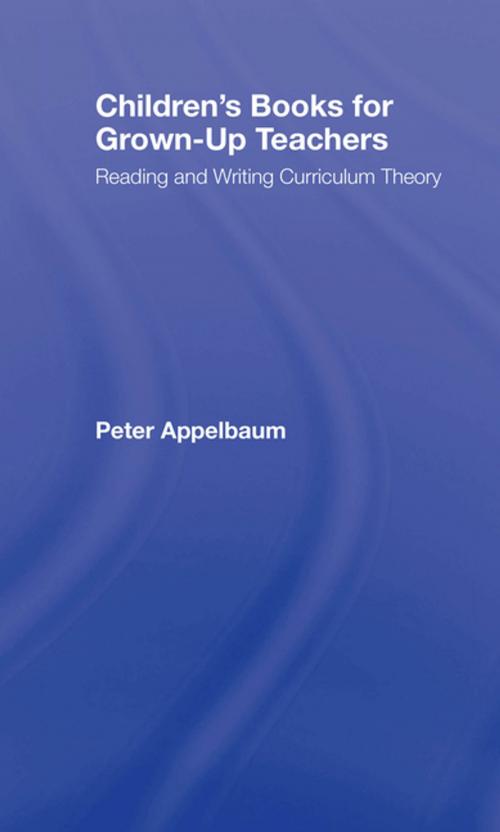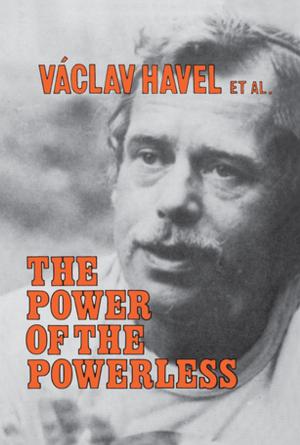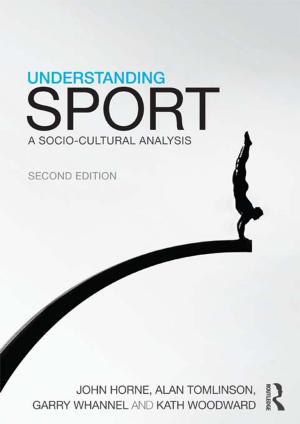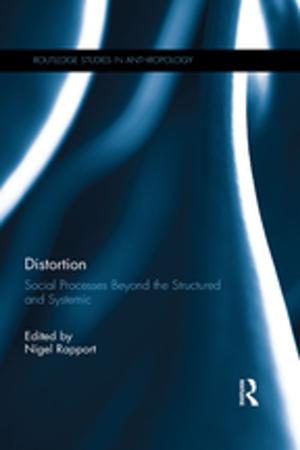Children's Books for Grown-Up Teachers
Reading and Writing Curriculum Theory
Nonfiction, Reference & Language, Education & Teaching, Educational Theory, Curricula, Preschool & Kindergarten| Author: | Peter Appelbaum | ISBN: | 9781351572101 |
| Publisher: | Taylor and Francis | Publication: | September 25, 2017 |
| Imprint: | Routledge | Language: | English |
| Author: | Peter Appelbaum |
| ISBN: | 9781351572101 |
| Publisher: | Taylor and Francis |
| Publication: | September 25, 2017 |
| Imprint: | Routledge |
| Language: | English |
Teachers and prospective teachers read children's books, but that reading is often done as a "teacher" – that is, as planning for instruction – rather than as a "reader" engaged with the text. Children’s Books for Grown-Up Teachers models the kind of thinking about teaching and learning – the sort of curriculum theorizing – accomplished through teachers’ interactions with the everyday materials of teaching. It starts with children’s books, branches out into other youth culture texts, and subsequently to thinking about everyday life itself. Texts of curriculum theory describe infrastructures that support the crafts of inquiry and learning, and introduce a new vocabulary of poaching, weirding, dark matter, and jazz. At the heart of this book is a method of reading; Each reader pulls idiosyncratic concepts from children’s books and from everyday life. Weaving these concepts into a discourse of curriculum theory is what makes the difference between "going through the motions of teaching" and "designing educational experiences.
This book was awarded the 2009 AERA Division B (Curriculum Studies) Outstanding Book Award.
Teachers and prospective teachers read children's books, but that reading is often done as a "teacher" – that is, as planning for instruction – rather than as a "reader" engaged with the text. Children’s Books for Grown-Up Teachers models the kind of thinking about teaching and learning – the sort of curriculum theorizing – accomplished through teachers’ interactions with the everyday materials of teaching. It starts with children’s books, branches out into other youth culture texts, and subsequently to thinking about everyday life itself. Texts of curriculum theory describe infrastructures that support the crafts of inquiry and learning, and introduce a new vocabulary of poaching, weirding, dark matter, and jazz. At the heart of this book is a method of reading; Each reader pulls idiosyncratic concepts from children’s books and from everyday life. Weaving these concepts into a discourse of curriculum theory is what makes the difference between "going through the motions of teaching" and "designing educational experiences.
This book was awarded the 2009 AERA Division B (Curriculum Studies) Outstanding Book Award.















